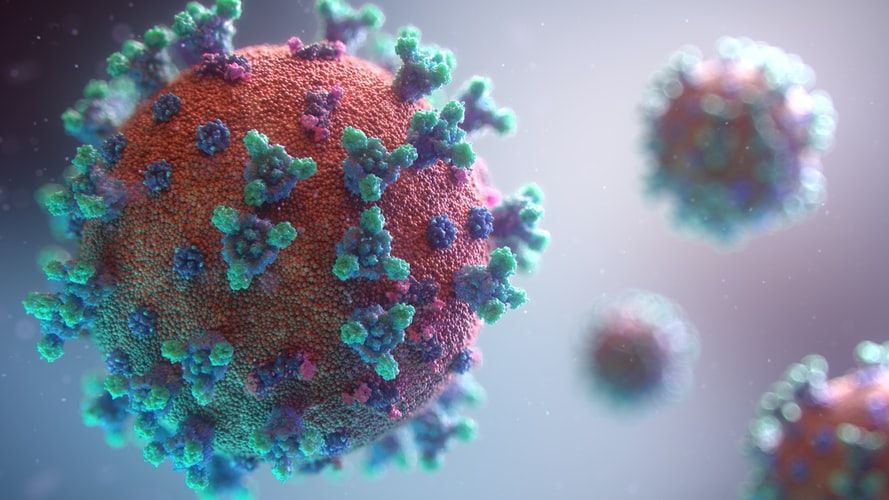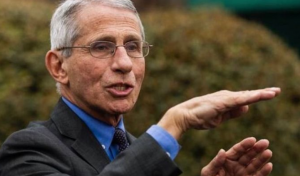The third wave of COVID-19 in India may begin this month and peak in October, some experts have said. At its peak, the country may record between 100,000 and 150,000 cases a day, they added. India has just recovered from a deadly second wave of COVID-19 that left more than 1 lakh people dead.
Also read: Delta variant may spread to more regions in China, warns official
Citing researchers led by Mathukumalli Vidyasagar and Manindra Agrawal at the Indian Institute of Technology (IIT) in Hyderabad and Kanpur respectively, Bloomberg reported that states with high coronavirus cases, such as Kerala and Maharashtra, could “skew the picture.
Also read: India, UK to conduct clinical trials of ashwagandha to promote COVID recovery
The experts added that the Delta variant, which originated in India and is currently playing havoc in the US and many European countries, will fuel the third wave. The variant spreads very rapidly and can be passed on by vaccinated people too. According to data from the Indian Sars-CoV-2 Genomic Consortium (INSACOG), nearly 8 of every 10 cases in May, June and July were caused by the highly infectious Delta variant.
The research, based on a mathematical model, also predicts that the third wave of Covid-19 is unlikely to be as brutal as the second wave. During the second wave, India reported 400,000-plus daily cases.
Also Read| Epsilon strain of COVID hits Pakistan
In May, Vidyasagar said India’s coronavirus outbreak could peak in the coming days based on the mathematical model. “Our predictions are that the peak will come within a few days. As per current projections, we should hit 20,000 cases per day by the end of June. We will revise this as needed,” Vidyasagar told Bloomberg by email.
Also Read | How France is coping with its fourth wave of COVID infections
Even as the daily COVID numbers are dropping elsewhere, Kerala, Maharashtra and some northeast states are still reporting high numbers. On Sunday India reported 41,831 COVID-19 cases and 541 deaths on Sunday even as the Centre cautioned 10 states.
Kerala’s COVID numbers are unrelenting with the state reporting half of India’s daily count of cases. Experts have attributed this to low sero-positivity in the state.
The latest sero survey has said that the state has the lowest exposure to Sars-Cov-2, with only 44% of the population projected to have been infected till early July compared to nearly 79% in Madhya Pradesh and 67% overall across the country. Seropositivity signifies the presence of antibodies in the blood serum. Lower the sero-exposure, higher are the chances of infection.







